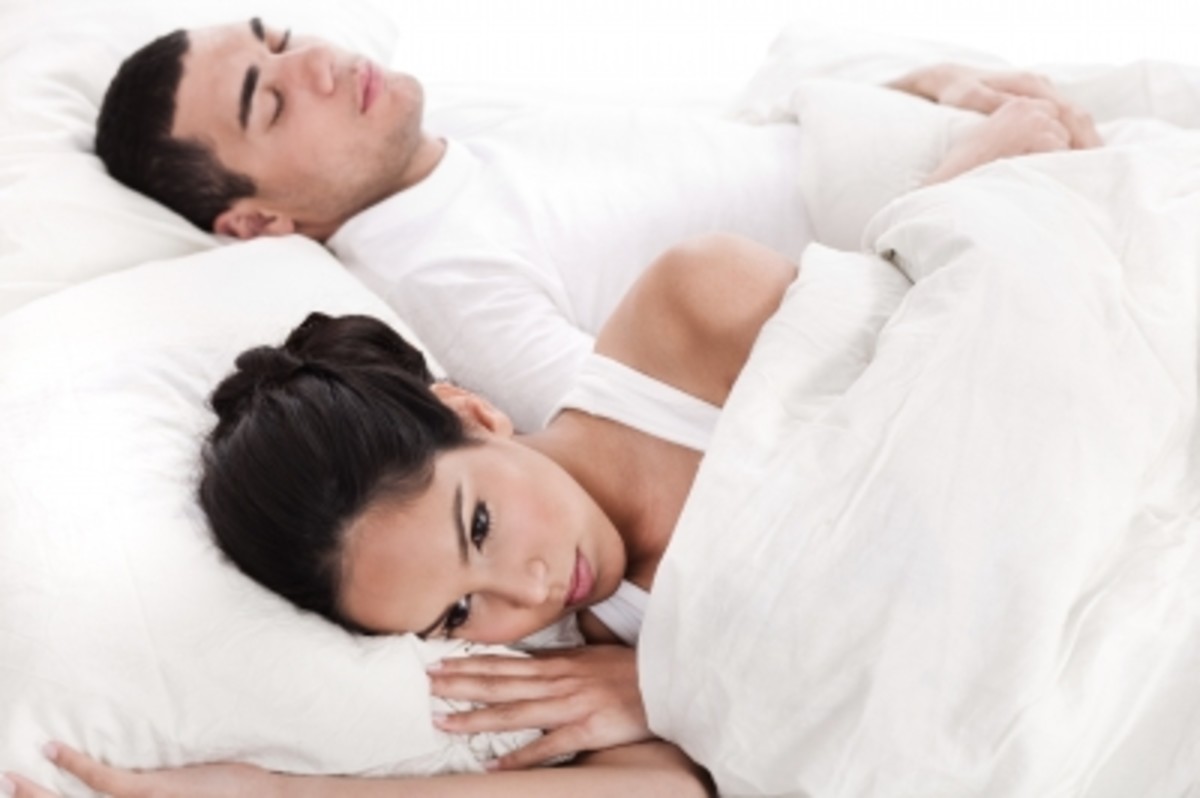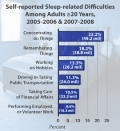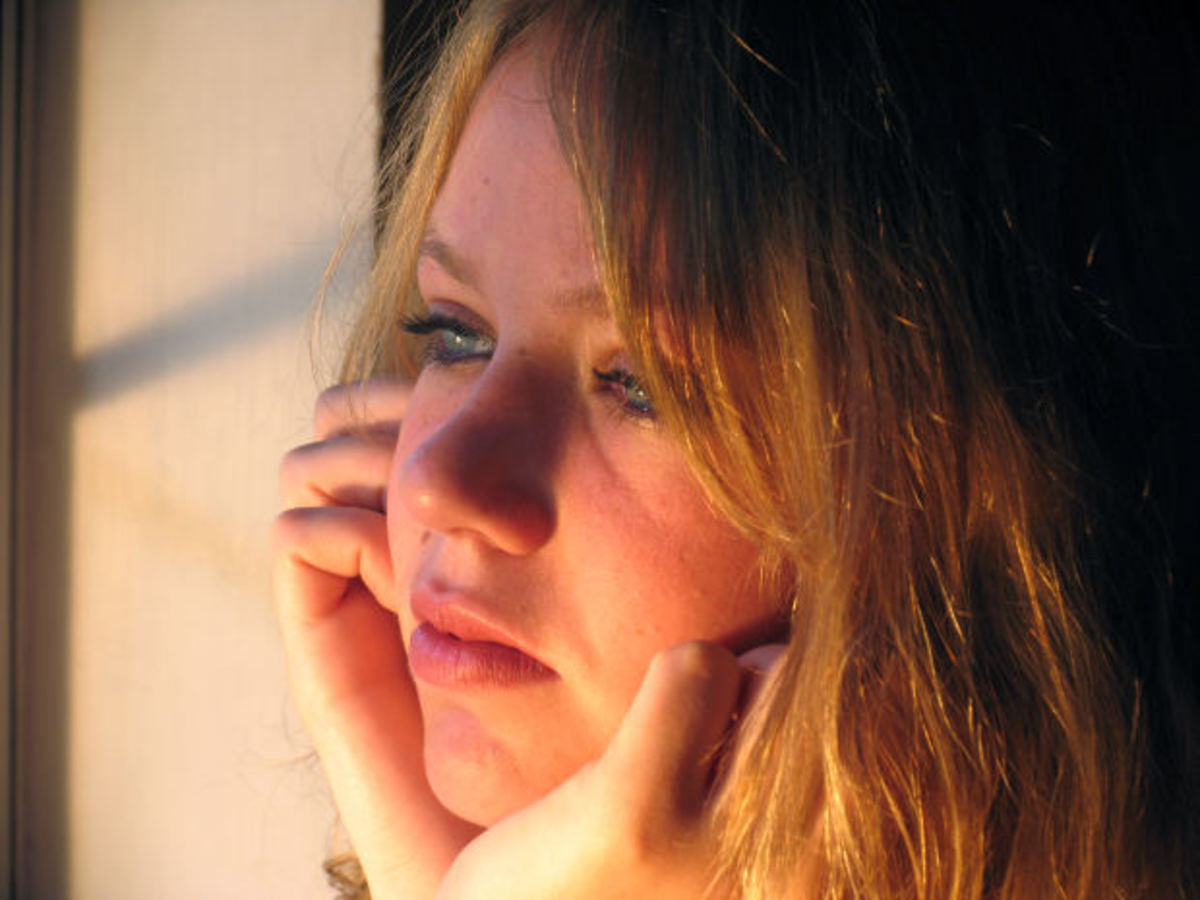Why Do We Have Trouble Sleeping as We Aged
Why Cant I Sleep?
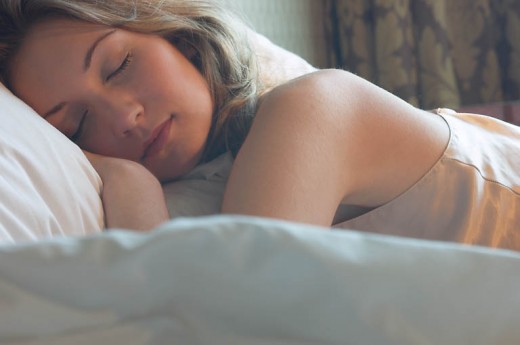
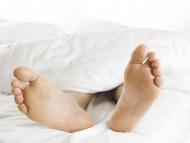
Why Cant They Sleep
You might have heard many of your older relatives frequently complaining that they have trouble sleeping. However, insomnia and sleep pattern changes are common amongst the elderly. In fact, I have done some volunteer work at two or more skilled nursing facilities, and have noticed that most of the Residents frequently complained of their inability to sleep well at nights. For me, I was unable to say whether or not it was due to insomnia or sleep pattern changes. However, my research have led me to the following findings:
Sleep pattern changes observed in the elderly are normal but insomnia is not. According to researchers, although approximately 50 percent of Americans over the age of 65 who live at home, about 2/3 of those in nursing homes and other long-term care facilities suffer from sleep problems, these problems are not an unavoidable part of aging.
Some experts on this subject matter believe that sleep problems must first be viewed in the context of the normal changes that occur in sleep as we age. The following sleep patterns are believed to be typical in individuals between the ages 60-80:
- Although many elderly remain in bed up to 8hrs, they get an average, between 6 and 6.5 hrs. of sleep nightly.
- Despite the fact that many of the elderly sleep more than younger adults, the amount of nightly sleep elderly people get varies anywhere from less than 5hrs, to more than 9hrs.
- A large percentage of elderly people have difficulty falling asleep and may toss and turn for up to 1/2 hr. before the onset of sleep.
- After the elderly fall asleep, they experience a lot more awakenings than younger people to spend up to 20% of their time in bed awake and to make up for these awakenings by spending more time in bed.
- A change in the distribution of sleep stages leads to an increase in stage 1 sleep (i.e. light sleep) and a reduction in stages 3&4 sleep ( deep sleep). Thus, even when sleep occurs, it's usually light sleep. These normal changes however, don't account for serious sleep disturbances.
Elderly Insomniacs
Elderly Insomniacs may be linked to one of the following:
- A primary sleep disorder
- An illness
- Medication
Any of the above three, may cause some serious sleep disturbances that can plague the elderly for months and even years. Some of the reasons they have trouble sleeping are due to, but not limited to the following:
- Adjustment sleep disorders
- Insomnia related to poor sleep hygiene
- Psycho-physiology insomnia
- Insomnia related to psychiatric disease
- Insomnia related to medication
- Insomnia related to sleep apnea
- Insomnia related to periodic limb movements
Adjustment Sleep Disorders
This occurs in about 1/3 of the elderly population, many of whom have a history of sound sleep. In cases, the insomnia is associated with the recent stresses in the elderly person's life including hospitalization, retirement from work, the death of a spouse and so on. The individual reacts to these problems by being unable to fall asleep or to remain asleep for extended periods which result in sleep deprivation.
Adjustment sleep disorder victims may be irritable, anxious, or lethargic, during the daytime and worried about their sleeplessness at night, which makes getting sleep even harder. Adjustment sleep disorders generally resolve over time as the elderly person learns to deal with stress. Sleep medication may help alleviate this type of insomnia on a short-term basis.
Poor Sleep Hygiene
Another cause of insomnia is sleep related habits and behaviors that may be incompatible with sleep. People for example, who drink caffeinated beverages prior to bedtime, who work up until bedtime, or who constantly watch the clock, may experience heightened arousal that is incompatible with sleep. Retiring to bed an irregular hours may also aggravate the problem. Many elderly people who experience these problems may become preoccupied by their inability to sleep. They may try to stay awake - both of which may exacerbate the insomnia.
It's important to know that most of the time, behavior modification can be used to address problems related to inadequate sleep hygiene. For example, individuals are encouraged to avoid caffeine before bedtime and they also should go to sleep at regular hours.
Psycho-physiologic Insomnia
Why cant I sleep? It is believed that at times this is linked to adjustment disorders and poor sleep hygiene. Individuals suffering from Psycho-physiologic insomnia associate bedtime and the bedroom with mental and physical arousal and high levels of frustration. These sleep disturbances continue as a result of conditioned, learned arousal, even after normal coping and sleep habits are re-established, according to sleep psychiatrists.(For example, one retiree had developed the habit of lying in bed to plan his investments since he no longer had to go to work.
One year later after retirement, he successfully invested his money but was unable to fall asleep until after 1a.m. To his surprise, however, he had no problem falling asleep quickly in an hotel room, during his time away on a vacation. Ironically, he didn't realize that he had associated his bed and bedtime with thinking and problem solving rather than with rapid sleep onset. Usually, behavioral therapies that stress positive sleep hygiene are recommended for the treatment of psycho-physiologic insomnia.
Insomnia related to psychiatric disease
Sometimes Insomnia in the elderly is as a result of a variety of psychiatric diseases. including anxiety and major depression. Major depression and anxiety are pervasive mood altering illnesses affecting sleep. In these cases, appropriate medication may help to alleviate the symptoms.
Insomnia related to medical illness
Insomnia is also linked to symptoms of medical illness. For example, the pain of arthritis, migraine headaches, chronic back pain, and other illnesses may interrupt sleep.
Insomnia related to medication
In addition, mediation designed to treat medical disorders may have the unfortunate side effect of disturbing sleep. For example, Fluoxetine - one of the Selective Serotonin Re-uptake Inhibitor(SSRI) drugs, is a well known prescribed drug for the treatment of major depression; However, one of its major side effects is insomnia.
Another example is Beta-Blockers and or/diuretics; These drugs are currently recommended as first-line drug therapy for hypertension. However, one known side effect of this class of drugs is insomnia. Also, Amphetamines(CNS stimulants used to treat depression, hyperactivity in children, narcolepsy, and appetite control) are known to cause insomnia.
Insomnia related to sleep apnea
Sleep disturbances are thought to be related to sleep apnea and periodic limb movements. An interruption in breathing that lasts, for at least 10 seconds and occurs at least 5 times per hour is considered sleep apnea. People experiencing this disorder may be plagued by loud snoring, restless sleep, daytime sleepiness, and depression. Periodic limb movements are measured as repeated leg jerks, and may result in brief arousal in the sleeper. Medical interventions are often proven beneficial to people suffering from this type of insomnia.
Conclusion
Based on all the above information, it's quite clear that while changes in sleep pattern in the elderly are normal, sleep disturbances are not and can plague the elderly for years. However, if your older family members are currently having trouble sleeping, sleep disturbances/elderly insomniacs, this can often be managed by a variety of approaches , including behavior modification and medication.



